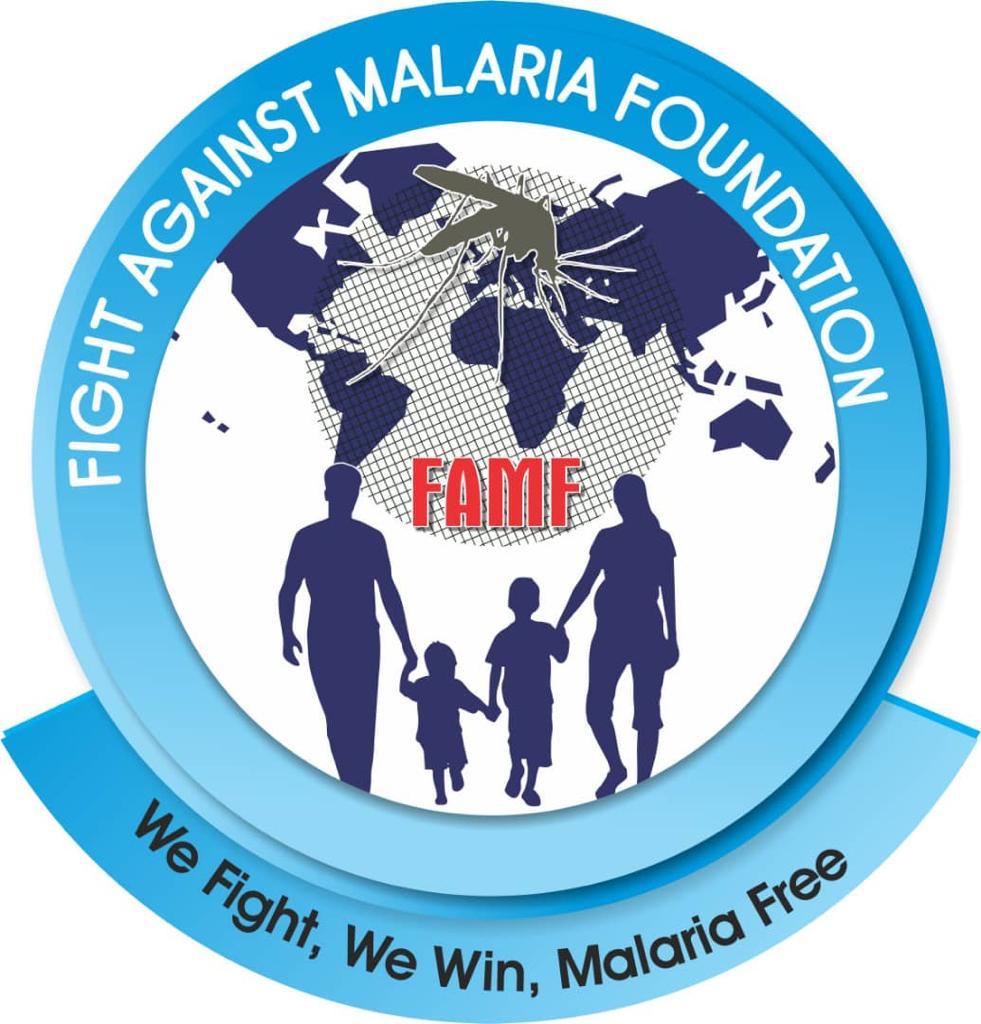Malaria is a prevalent and potentially life-threatening disease that affects millions of people worldwide, particularly in tropical and subtropical regions. In this blog post, we will explore the basics of malaria, including its causes, symptoms, transmission, prevention, and treatment.
What is Malaria?
Malaria is an infectious disease caused by parasites of the Plasmodium family. There are several species of Plasmodium, with Plasmodium falciparum being the most dangerous and widespread. The disease is transmitted through the bites of infected female Anopheles mosquitoes.
Symptoms
Malaria presents with a variety of symptoms that typically manifest within 10-15 days after infection. Common symptoms include fever, chills, headache, muscle aches, fatigue, and sweating. In severe cases, it can lead to complications such as anemia, organ failure, and even death if left untreated.
Transmission
Malaria is primarily transmitted through the bite of infected mosquitoes. When a mosquito bites an infected person, it ingests the parasites along with their blood. The parasites then develop and multiply within the mosquito. When the mosquito bites another person, it injects the parasites into their bloodstream, thus initiating a new infection cycle.
Prevention
Preventing malaria involves various strategies, primarily focused on avoiding mosquito bites. Here are some effective preventive measures:
- Mosquito Control: Use mosquito nets while sleeping and install window screens. Eliminate stagnant water sources where mosquitoes breed.
- Protective Clothing: Wear long-sleeved shirts, long pants, and socks to minimize exposed skin.
- Insect Repellents: Apply insect repellents containing DEET, picaridin, or lemon eucalyptus oil to exposed skin.
- Antimalarial Medication: If you are traveling to an area with a high risk of malaria, consult a healthcare professional for appropriate antimalarial medication.
Diagnosis
Malaria can be diagnosed through a blood test, which identifies the presence of malaria parasites. Rapid diagnostic tests (RDTs) are commonly used in areas with limited resources as they provide quick results.
Treatment
The treatment for malaria involves antimalarial medications prescribed by a healthcare professional. The choice of medication depends on the type of malaria, the severity of the infection, and the region where the infection was acquired. Early diagnosis and prompt treatment are crucial to prevent complications and reduce the risk of transmission.
Global Efforts
Malaria is a significant global health concern, but various organizations including the Fight Against Malaria Organization, governments, and researchers are actively working towards its prevention and control. Initiatives include the distribution of insecticide-treated bed nets, indoor residual spraying, research on new treatments and vaccines, and community education programs.

